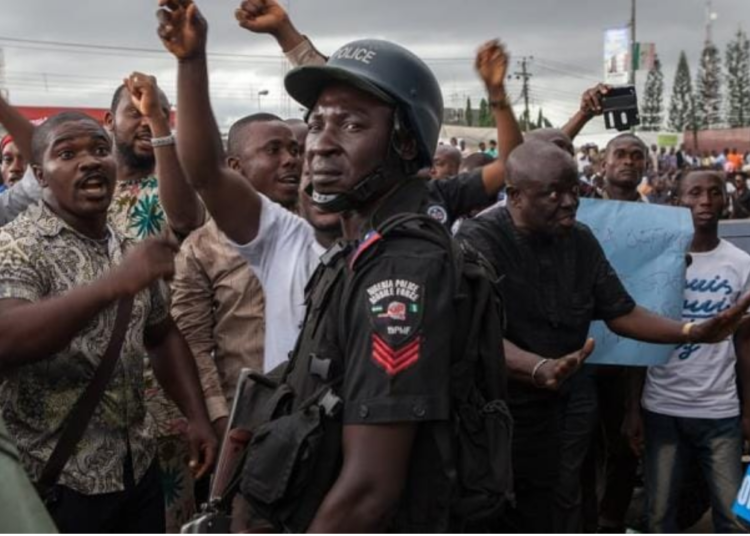Centre for Democracy Development (CDD) has declared that diminishing trust in the Independent National Electoral Commission (INEC), violence and vote-buying took the shine off the 2023 general election.
With the results of March 18, 2023 governorship and houses of assembly elections almost completed nationwide, CDD Election Analysis Centre (EAC) said the country’s election credibility is at stake if the current unsavoury state continues.
Briefing journalists and election stakeholders at a post-election press conference, the chair of the CDD EAC, Professor Adele Jinadu and director, Idayat Hassan, expressed concerns that the improved conduct of the governorship and houses of assembly elections by the INEC has been undermined by the combination of violence, vote-buying, online and offline intimidation of voters, disinformation and decreased citizens trust in INEC.
The group stressed that despite INECs improved performance during these elections, the perceived questionable credibility of the conduct of presidential and National Assembly polls in the minds of many voters has shaped how Nigerians viewed the 18 March process and their engagement in it. According to the group, diminished trust in INEC as an institution will shape wider perceptions when it comes to the acceptance of the results returned, particularly in races where a narrow margin of victory is recorded or where presidential results are not replicated at the sub-national level.
CDD in the post-election analysis also put the spotlight on the mind boggling violence, which affected the elections. The think tank reported that its data showed violence occurred in 10.8 percent of polling units observed. It further pointed out that voter suppression, voter intimidation and the destruction or theft of election materials predominantly by political party agents and politically aligned thugs was recorded across all six geopolitical zones. It said: “10.8% of observed polling units recorded violence and/or fighting this was most pronounced in the northwest (19.9%) and south-south (11.6%) geopolitical zones with Bayelsa and Zamfara the two states with the most incidents recorded by our observers.”
CDD similarly drew attention to the threat or actual unleashing of violence, which manifested in the use of online and offline tactics to scare off or drive away voters from the polls. The group revealed that political actors deployed violence, not only offline but also online through the use of identity to drive misinformation and disinformation on social media. The analysis went on to state that in some polling units, the violence was unleashed to intimidate, suppress and destroy election materials. These disruptive activities, the group said, caused a multiplier effect, which further led to the reduction of voters’ appetite to cast their ballots.
“In the first six hours of polls being open on 18 March CDD’s war room team came across a flurry of voter intimidation videos, particularly from Lagos state where it was ensconced in rhetoric about belonging and ethnic identity, an illustration of the ways that voter intimidation took place both online, as well as offline.
On the specific actors responsible for the violence, which affected the elections, CDD listed them as non-state actors, political thugs and political party agents. It said the objective of these groups was to disrupt election processes with violence. “Victims of this violence were first and foremost voters, some of whom were denied the right to exercise their franchise as a result of polling units canceling results or having their ballot boxes snatched.
We’ve got the edge. Get real-time reports, breaking scoops, and exclusive angles delivered straight to your phone. Don’t settle for stale news. Join LEADERSHIP NEWS on WhatsApp for 24/7 updates →
Join Our WhatsApp Channel










